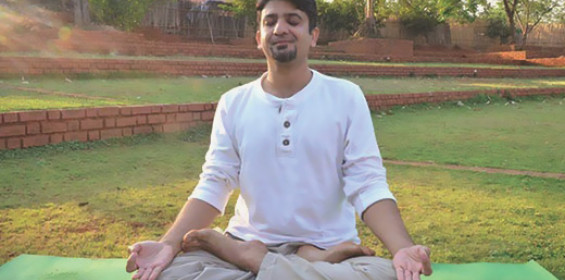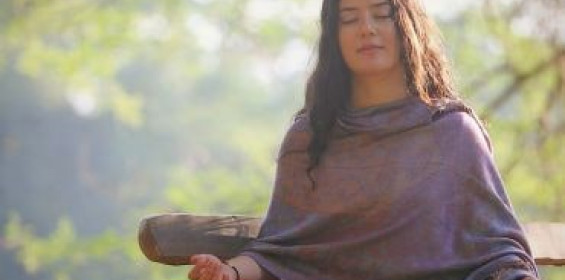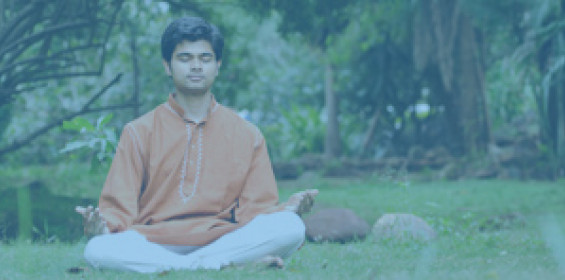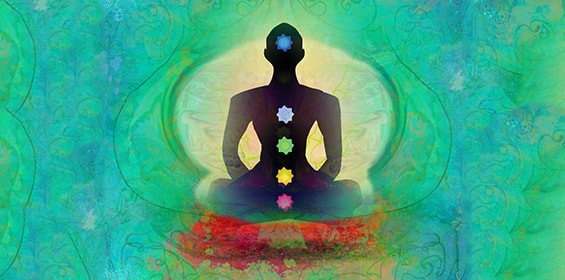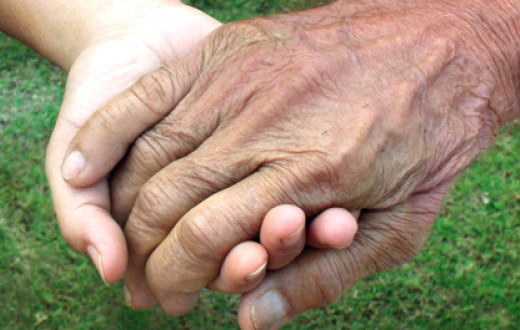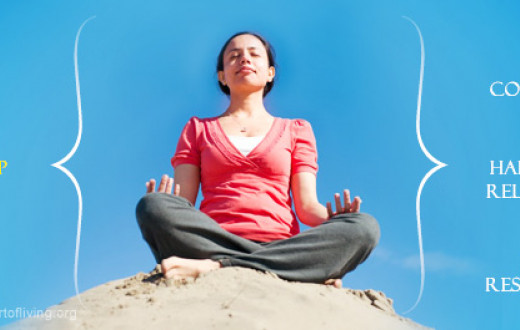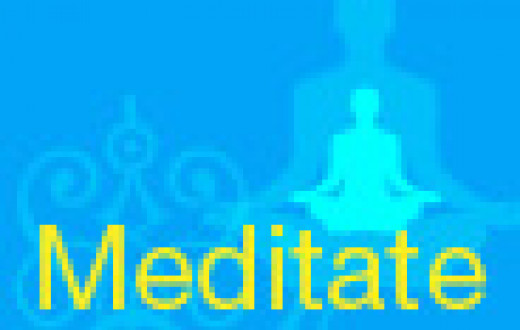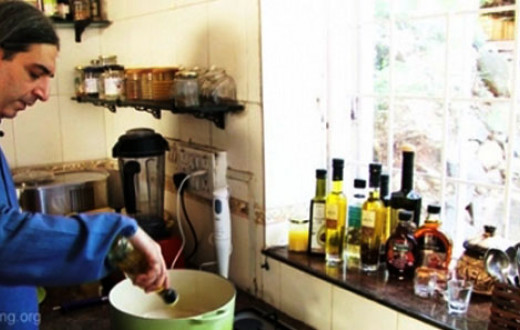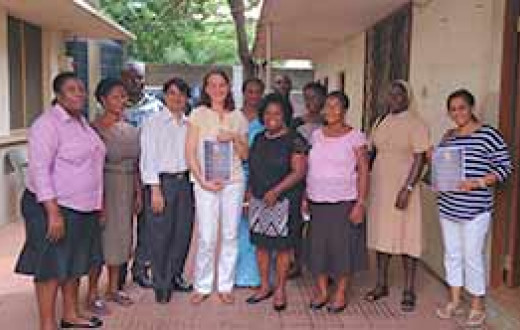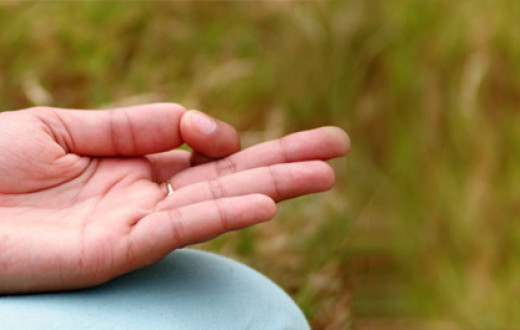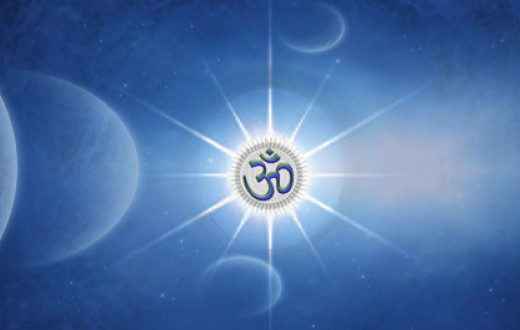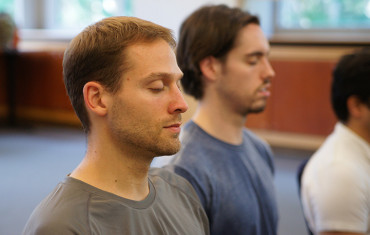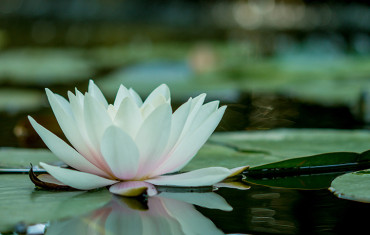On 28th June 2015, after a series of meetings with Gurudev Sri Sri Ravi Shankar, leaders of the FARC (The oldest revolutionary group of Colombia which was at war with the government for nearly 5 decades) declared that they will adopt the Gandhian principle of non-violence. A journalist asked a teacher of the Colombian chapter of The Art of Living what was it that Gurudev said to make this happen.
Later, Bhanumati Narasimhan, sister of Gurudev Sri Sri Ravi Shankar and a witness to the mediation process wrote, “It was not what was said but who said it that made all the difference.”
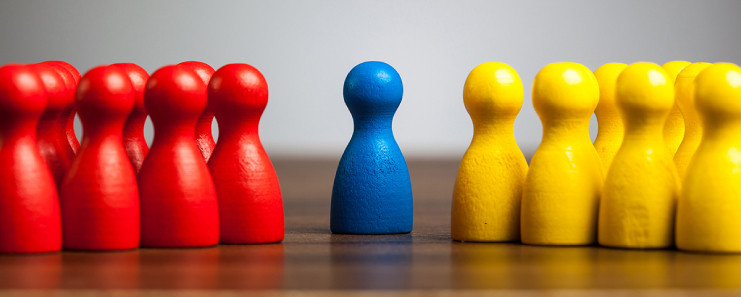
When our vibes become positive, our words and our presence are powerful. Consider the story of Buddha and Angulimala. When Angulimala, a serial murderer during the time of Buddha met him, he changed his ways forever.
Closer to this day and age, we all have personal anecdotes where we feel peaceful around certain people or when we are in certain places.
What are vibes?
The Oxford dictionary describes vibes as a person's emotional state or the atmosphere of a place as communicated to and felt by others.
Our minds are wired in such a way that we can sense someone else’s emotional state or vibes. So, we communicate more through them than our words.
The power of meditation
Once, when Gurudev was giving a talk to 300 people in Washington DC. Suddenly, a tall hefty man came from the back to attack him. Gurudev just looked into his eyes and said, “Wait!” The guy looked at him, sat down and started crying.
What makes the vibes of some so peaceful and powerful that people around them change?
Gurudev Sri Sri Ravi Shankar says, “ Vibes can be changed with meditation!” One’s frustration can turn into confidence. Despair can turn into hope. Hatred can turn into love. One can radiate peace in all its glory.
And radiating peace comes in handy when you need to fuse a conflict at work, home or elsewhere.
Meena Waghray, chief mediator at www.outofcourt.in recognizes the powerful effect that her meditations have on the mediation sessions she conducts. “Often, two conflicting sides get into a vortex of heated arguments and high-intensity emotions. The situation can easily fluster the mind. However, when I am meditating regularly, the mediations I conduct proceed smoothly,” says Waghray.
Waghray delineates three ways in which meditation makes her a better mediator:
Keeps you unbiased
Since childhood, we’ve been taught that there are two sides: the right and the wrong one. But in reality, there is no right and wrong, especially when you’re trying to reach reconciliation! When you pick one side as right, you will tend to preach the supposedly wrong side. That will eventually lead them to leave the mediation table then and there. On the contrary, when one is unbiased, the parties of conflict become comfortable and they open up about issues they themselves have not addressed.
Improves intuition
Intuition helps one to frame the right response to a difficult situation. And a mediation session is a series of difficult situations! A wrong response from you can make it hard for the session to proceed. Sometimes, just a few right gestures can help people open up.

Keeps you calm
While you’re trying your best to fuse a conflict between two sides, both sides could get into a fight in the middle. At that time keeping you cool is very necessary. When you stay calm, chances are the parties to the conflict will pick your vibes and trickle back to stability!
Meditation equips you with intuition, calmness, and a detachment which helps you stay unbiased. These three qualities can help anyone willing to jump in the tricky yet rewarding job of helping people reconcile. For voices campaigning for peace in a conflict-ridden world, both mediation and meditation are tools that they just cannot ignore!
Learn meditation in a Sahaj Samadhi Program near you.
Written by Vanditaa Kothari

